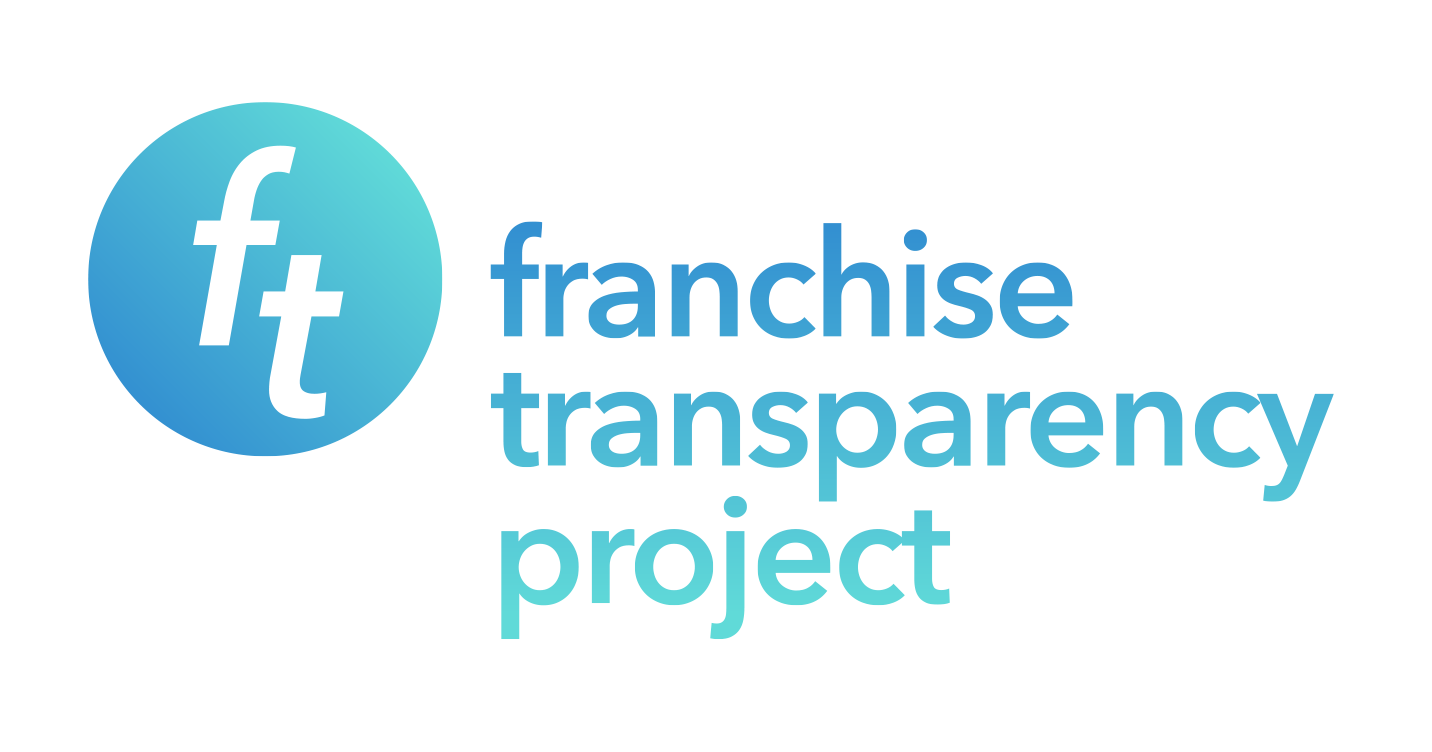
Franchise rankings are a popular way to compare and research franchises. However they shouldn’t be deciding the factor when determining which franchise concept is best for you.
In this article, I’ll explain what franchise rankings are, what you can learn from them, and why they are less helpful than you think.
What Are Franchise Rankings?
Franchise rankings are franchise evaluations based on their performance, stability and reputation. Franchisees can use these rankings to compare different franchise opportunities and make the best decision for themselves.
One of the most important factors to look at when evaluating a franchise is profitability. Franchise rankings consider both the overall profitability and potential future growth of a franchise.
Franchisees should also consider other factors such as the level of support offered by the franchisor, the potential for success in their local market and any additional fees associated with the franchise.
Despite being a useful starting point when evaluating different franchises, it’s important to note that franchise ranking reports should be taken with a grain of salt.

Who Creates Franchise Rankings and How Often are They Published?
Franchise rankings are often created by independent organizations who conduct surveys on franchise companies and franchisee satisfaction.
These rankings are typically released annually, though some companies may release them more or less frequently.
Why Franchise Rankings Are Less Helpful Than You Think
Franchisees should use rankings as a starting point to research different franchising opportunities, but it’s important that Franchisees do their own due diligence when selecting the right franchise for them.
Here are 4 reasons franchise rankings aren’t as helpful as you’d think:
Based on Opinion, Not Fact
Franchise rankings can be manipulated to show a particular franchise in a more favorable light. These rankings are often based on opinion, not fact. Ranking reports often rely on subjective criteria, such as Franchisee satisfaction surveys, which can be biased.
Overlook Local Market Conditions
Rankings don’t always take into account the local market conditions and potential for success in a particular area.
See if you qualify for financing from the SBA for approved franchises.*
*No impact to your credit score. For informational purposes only.
Disregard Personal Skills
Most rankings don’t take into account the individual circumstances of each franchise. Franchisees should consider their own skills and experience when evaluating different franchise opportunities – franchise rankings alone may not provide enough information to make an informed decision.
Quickly Outdated
Franchisees should keep in mind that rankings are based on historical data – the rankings may not reflect how a franchise is performing today or will perform in the future.
It’s always best to look at the specifics behind franchise rankings rather than taking them at face value. Consider all factors, such as profitability, support offered by franchisors and potential success in their local market, before choosing the right franchise for them.

What are the Pros and Cons of Franchise Rankings?
Franchise rankings can provide key insights for new Franchisees but it’s important to know the advantages and disadvantages of the ranking system.
Pros
- Helpful starting point for researching different franchises.
- Provide a general consensus.
- Help identify potential red flags with a franchise opportunity.
- Compare franchises easily.
Cons
- Often based on opinion, not fact.
- Don’t always consider local market conditions and potential for success in a particular area.
- Don’t take into account the individual circumstances of each franchise.
- Become outdated quickly.
- Neglect important factors such as profitability, customer service, and operational efficiency.
- Fail to consider franchisor’s overall reputation and reliability.
- May limit Franchisees from exploring a variety of potential opportunities.
How Do You Know if a Franchise is Good for You?
Ultimately, franchise rankings are only one part of the equation. Franchise rankings may be helpful when considering different franchises but Franchisees should always do their own research to ensure they make the best decision for their business.
Use them as a starting point, not a definitive answer. The best way to choose a franchise is by doing your own research and talking to existing franchisees.
Are you looking for a business with low overhead costs that will allow you to work from home? Or are you interested in a Franchise with a proven track record that offers on-going support?
Take some time to sit down and assess what’s important to you and then start researching different Franchises that fit those criteria. Talk to Franchisees about their experience with the Franchise and get as much information as possible before making your final decision.
Remember, there is no one perfect Franchise out there – it’s important to find one that fits both your goals and your personality. So don’t be afraid to ask around or talk to an experienced franchise consultant before investing in a Franchise.







